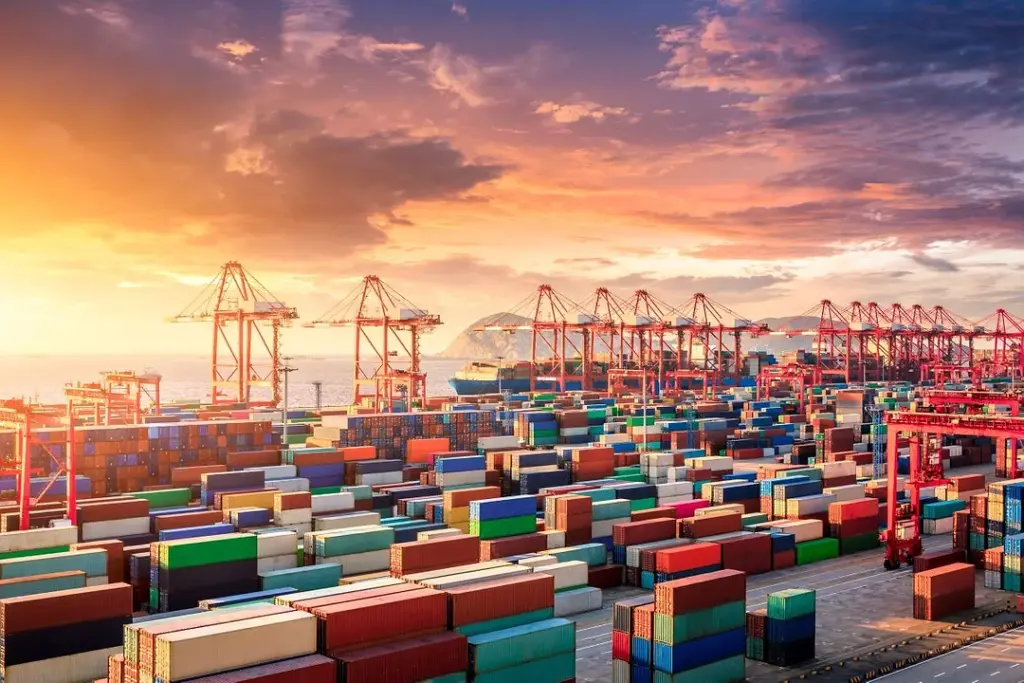
China is transitioning from being known as the “world’s factory” to establishing itself as a “global supply chain hub,” according to a report from the China Federation of Logistics & Purchasing (CFLP). The report, highlighted by state broadcaster CCTV News on September 9, 2024, outlines how international supply chains are restructuring due to various factors, including economic shifts, rising trade protectionism, and rapid technological advancements.
Significant Developments in Logistics and Manufacturing
The CFLP report emphasizes that China has made considerable progress in modernizing its logistics and advanced manufacturing sectors. Currently, there are 80 national-level advanced manufacturing clusters distributed throughout the country. This extensive network is designed to enhance efficiency and collaboration among various industries, positioning China as a pivotal player in global supply chains.
As part of this transition, China is experiencing an acceleration in supply chain digital transformation. The overall penetration rate of artificial intelligence (AI) in logistics supply chains has now exceeded 37%. Notably, the AI penetration rate is highest in transport optimization scenarios, reaching 78.18%. This integration of AI technologies is expected to streamline operations and improve responsiveness to market demands.
Shifting Focus of Chinese Enterprises
The CFLP report also indicates a significant shift in the strategy of Chinese enterprises. Companies are moving away from traditional “product exports” and “capacity exports” towards a new paradigm of “industrial and supply chain exports.” This evolution involves different manufacturing clusters collaborating to develop overseas ecosystems, ultimately enhancing China’s global competitiveness.
As supply chains continue to adapt to a changing economic landscape, China’s ability to pivot towards a more integrated and technology-driven supply chain model could redefine its role on the world stage. The implications of this shift are far-reaching, potentially affecting global trade dynamics and manufacturing practices across various industries.
In summary, China’s transformation into a global supply chain hub reflects broader trends in the international economy and highlights the country’s commitment to innovation in logistics and manufacturing. With strategic investments and enhancements in digital technologies, China is poised to play a central role in shaping the future of global supply chains.






